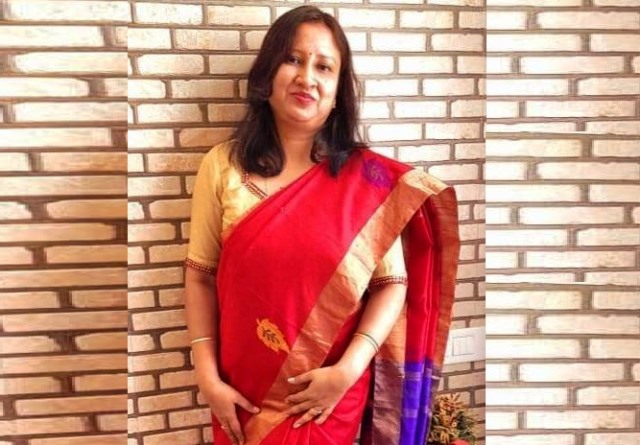Soma Mazumdar, a seasoned school teacher in Greater Noida West, says we must demand concrete actions on gender justice from our leaders. Her views:
I have always been passionate about educating young minds on the values of equality, justice, and democracy. Over the years, one issue that has consistently grabbed my attention is the Women Reservation Bill. This proposed legislation has been a subject of extensive debate and discussion in our country, and I often find myself pondering whether it’s a sincere effort for gender justice or merely a political gimmick.
The Women Reservation Bill, first introduced in the Indian Parliament in 1996, aims to reserve one-third of the seats in the Lok Sabha (Lower House of Parliament) and State Legislative Assemblies for women. The rationale behind this bill is to address the glaring gender disparity in the Indian political landscape, where women continue to be underrepresented. On the surface, this appears to be a noble initiative towards gender justice. After all, shouldn’t our democracy reflect the diversity and aspirations of our entire population?
However, as a teacher and a citizen who closely follows the political developments of our nation, I cannot help but question the sincerity of this effort. While the bill has been repeatedly tabled in Parliament, it has faced consistent roadblocks and remains un-implemented to this day. This raises a critical question: Is the bill a genuine attempt to empower women politically, or is it merely a tool for political parties to score points with female voters?
One cannot deny the inherent challenges in passing the Women Reservation Bill. Indian politics is marked by deep-rooted patriarchy and resistance to change, making it difficult to secure consensus on such transformative legislation. Yet, this should not be an excuse for the continued delay in its implementation. The lack of progress suggests that some politicians may view this issue as a convenient tool to make promises during elections rather than a genuine commitment to gender justice.
ALSO READ: ‘BJP Wants Credit For Quota Bill, But Shields Predators Like Brij Bhushan’
Moreover, it is disheartening to witness the tokenism that often accompanies discussions about the bill. Women’s representation in politics should not be reduced to a mere numbers game. It should be about empowering women to participate in decision-making processes, contribute their perspectives, and influence policies that affect our nation. Reservation alone cannot ensure this; it requires a broader cultural shift in our society’s attitudes towards women in leadership roles.
Another aspect that raises doubts about the sincerity of the Women Reservation Bill is the absence of comprehensive support systems for women in politics. To truly empower women in politics, we need initiatives that address the challenges they face, such as gender-based violence, lack of resources, and societal expectations. Passing the bill without creating a conducive environment for women to thrive in politics would be akin to putting the cart before the horse.
Additionally, the Women Reservation Bill’s periodic reintroduction and subsequent shelving have created a sense of disillusionment among the citizens, especially women who have been waiting for meaningful change. It’s important to recognize that political gimmickry can erode trust in the democratic process itself.
As an academic, I believe that education plays a pivotal role in shaping the values and perspectives of our future leaders. It is our responsibility to teach our students about the importance of gender equality and the need for sincere efforts to achieve it. We must encourage them to critically assess the actions of their elected representatives and demand accountability.
In a nutshell, while the Women Reservation Bill may have started with noble intentions, its repeated failure to pass and the lack of complementary measures raise doubts about its sincerity. As a society, we must hold our leaders accountable and demand concrete actions that promote gender justice, not just empty promises. Only then can we truly bridge the gender gap in our political landscape and create a more inclusive and equitable democracy.
As told to Deepti Sharma


